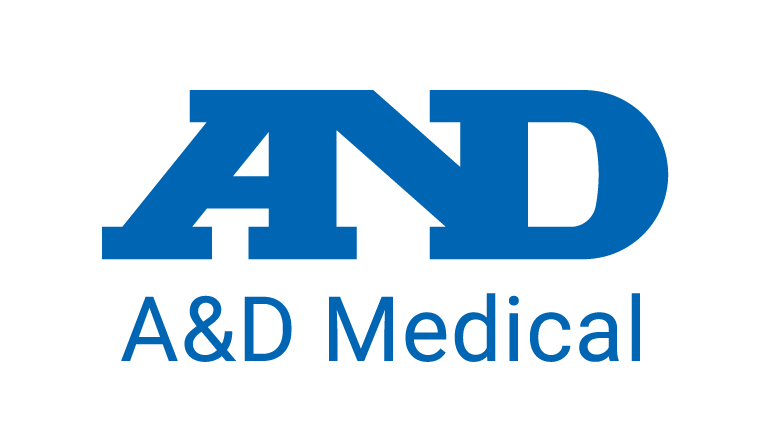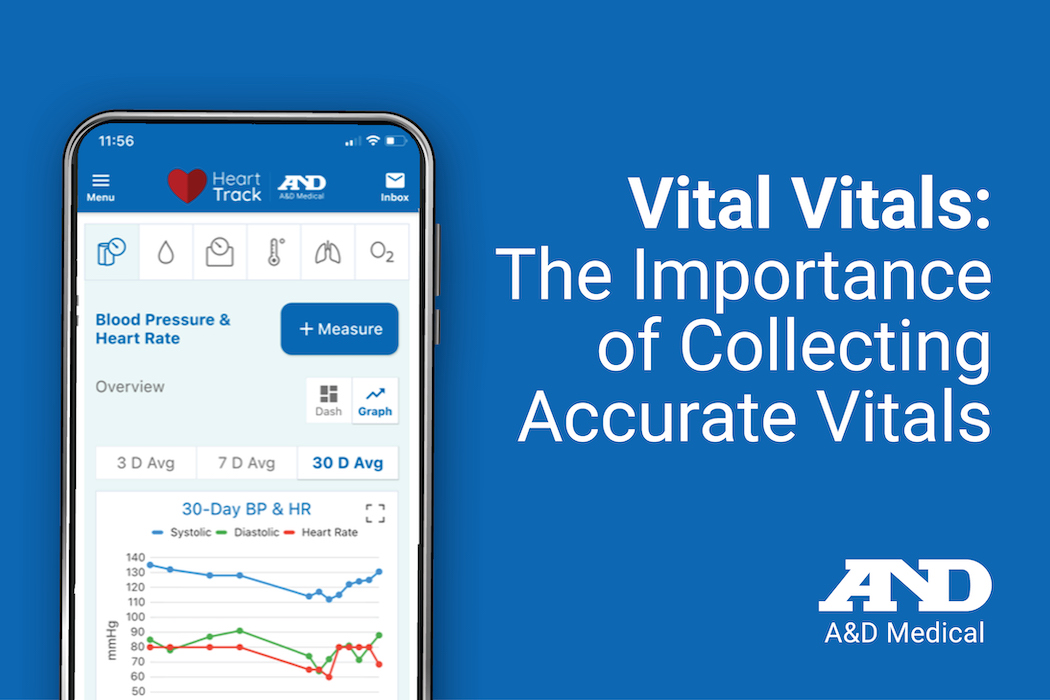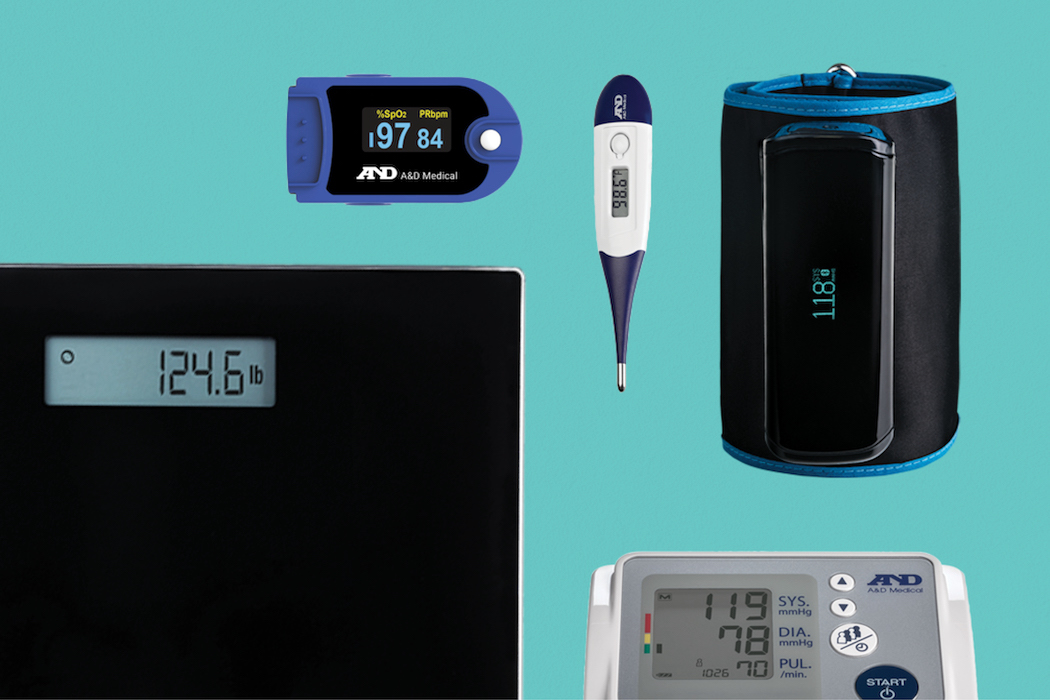Vital Vitals: The Importance of Collecting Accurate Vitals
When it comes to personal health there’s a surprising amount of outsourcing that happens. While you should certainly have faith in the medical professionals you trust with your care, there are plenty of reasons to keep an accurate log of your own vitals. Plus, with the rise in telehealth visits there’s never been a better time to bring some accountability to your personal health.
The Vital Vitals
Okay, so you’re ready to start tracking your own vitals at home. What exactly does that mean? In a nutshell, your vitals include: weight, blood pressure, heart rate, oxygen saturation, and temperature. Basically, the information your doctor would collect at a checkup.
Knowing this information helps doctors to monitor your risk of developing certain conditions (such as hypertension) and also judge your overall health. With telehealth visits, your ability to report accurate readings is integral to your doctor successfully doing their job and keeping you healthy.
Practice Makes Perfect
While your doctor’s office may make it look easy, there’s a science to getting accurate readings. Things like weight, pulse, blood pressure, and temperature can all be impacted by the time of day, if you just ate, what you just ate, current activity levels, and so much more.
It’s important to keep these factors in mind when taking your vitals at home. No one likes to wait at the doctors, but that beat you take between checking in and actually seeing your doctor serves a purpose. It gives your body a chance to rest and return to its default settings.





